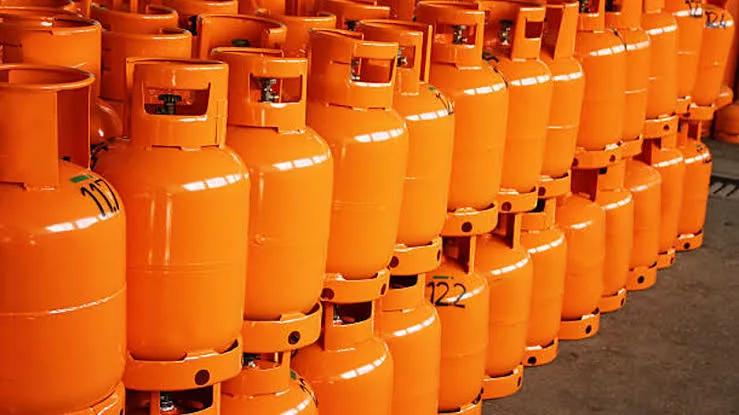Despite the Federal Government’s efforts to reduce the price of Liquified Petroleum Gas (LPG), commonly known as cooking gas, the cost continues to rise.
However, Economist Dr. Ayo Anthony informed the News Agency of Nigeria (NAN) in Abuja on Sunday that it takes time for the impact of government policies to manifest in the economy.
The Federal Government had announced the elimination of customs duty and Value-Added Tax (VAT) on the importation of LPG and its associated equipment. This directive was conveyed in a letter dated November 28, 2023, signed by Wale Edun, the Minister of Finance and Coordinating Minister of the Economy.
Earlier, Minister of State for Petroleum Resources (Gas), Ekperikpe Ekpo, had intervened in response to the constant price increases of cooking gas in the domestic market. He established a committee tasked with recommending measures to bolster supplies and lower LPG prices. This action followed months of price hikes, with rates soaring from around N700 per kg to over N900 per keg in various parts of the country.
Currently, a 5kg cooking gas cylinder is being sold at prices ranging from N4,750 to N4,900, while a 12.5kg cylinder is sold at N11,875 to N12,300 in the Federal Capital Territory (FCT).
Anthony explained that the delay in witnessing the fruition of government policies was due to what economists term as inside and outside lag.
“In economics, we refer to lag as the time it takes for government policy to take effect, encompassing inside and outside lag. Inside lag refers to the delay in the government’s decision-making process when faced with a problem. It doesn’t immediately respond to an issue when it arises.
“Hence, the duration it takes for policymakers to address an economic shock or problem is called inside lag. Meanwhile, outside lag denotes the time for the decision to be implemented.
“Government decisions are not swiftly implemented; bureaucratic procedures introduce further delays in execution.”
Anthony highlighted that despite the government’s policy to eliminate VAT from gas importation, the persisting high cost was influenced by existing stocks of older gas.
“The cooking gas in stock with marketers before the policy change will be sold at the old price to cover the initial importation cost. Sellers will only adjust prices when they purchase new stock at the updated rates reflecting the government’s policy change.”
Recent data from the National Bureau of Statistics (NBS) indicates an increase in the average price of 5kg of cooking gas from N4,562.51 in October 2023 to N4,828.18 in November 2023.
The average cost of refilling a 12.5kg cooking gas cylinder surged by 5.78% on a month-on-month basis, rising from N10,545.87 in October 2023 to N11,155.15 in November 2023. (NAN)





